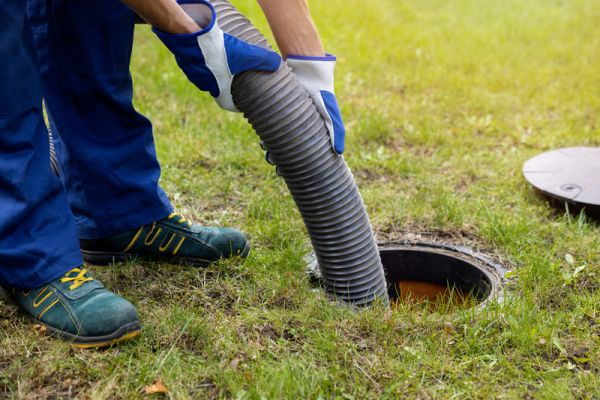In this article
Septic Tanks in Rural Areas
Managing wastewater is an essential part of maintaining any property, especially in rural areas where homes may not be connected to the main sewer system. Many properties in rural locations rely on septic tanks to handle their waste. But how exactly do septic tanks work, and why are they crucial in these areas?
In this guide, we’ll explain the workings of a septic system, why it’s needed in rural areas, and how to keep it functioning at its best. Whether you’re new to septic systems or just looking for more insight, this blog will help you understand why proper septic tank maintenance is key to the health of your home and the environment.
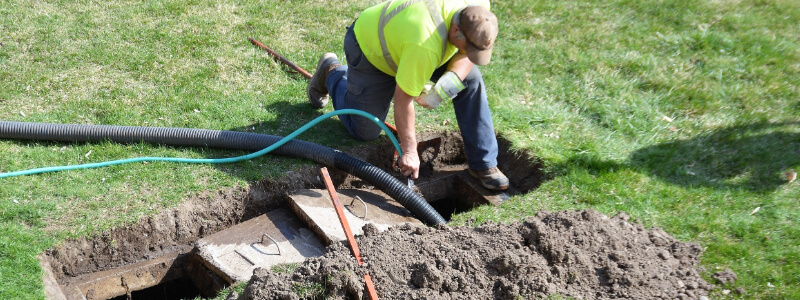
What is a Septic Tank and Why is it Important?
A septic tank is an underground system designed to treat and manage wastewater from properties that aren’t connected to municipal sewer lines. This system is commonly found in rural areas, where properties are often situated far from main sewer connections.
Septic tanks play an important role in safeguarding both hygiene and the environment. They separate solid waste from liquids, allowing the wastewater to undergo natural treatment processes before being safely released back into the ground. Without a well-maintained septic tank, untreated wastewater can contaminate the surrounding soil and water, leading to serious health and environmental risks.
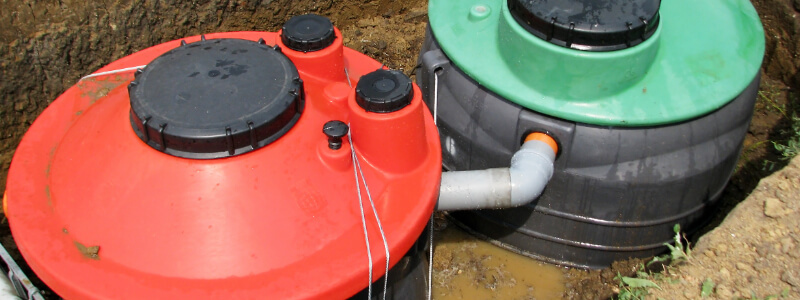
The Three Stages of Septic Tank Operation
Understanding how a septic tank works helps you maintain the system and avoid costly repairs. There are three main stages involved in its operation:
- Separation of Waste: When wastewater enters the septic tank, solid waste (sludge) settles at the bottom, while oils and grease (scum) float to the top. The liquid in the middle is the wastewater that gets treated.
- Natural Breakdown: Bacteria in the tank break down the organic matter in the sludge and scum layers. This process reduces the volume of waste and minimizes odors, helping to keep the tank running smoothly.
- Effluent Discharge: After the wastewater has been treated, the effluent (treated liquid) flows out of the tank into a drainage field or soakaway. There, it filters into the soil, ensuring no harmful contaminants are released into the environment.
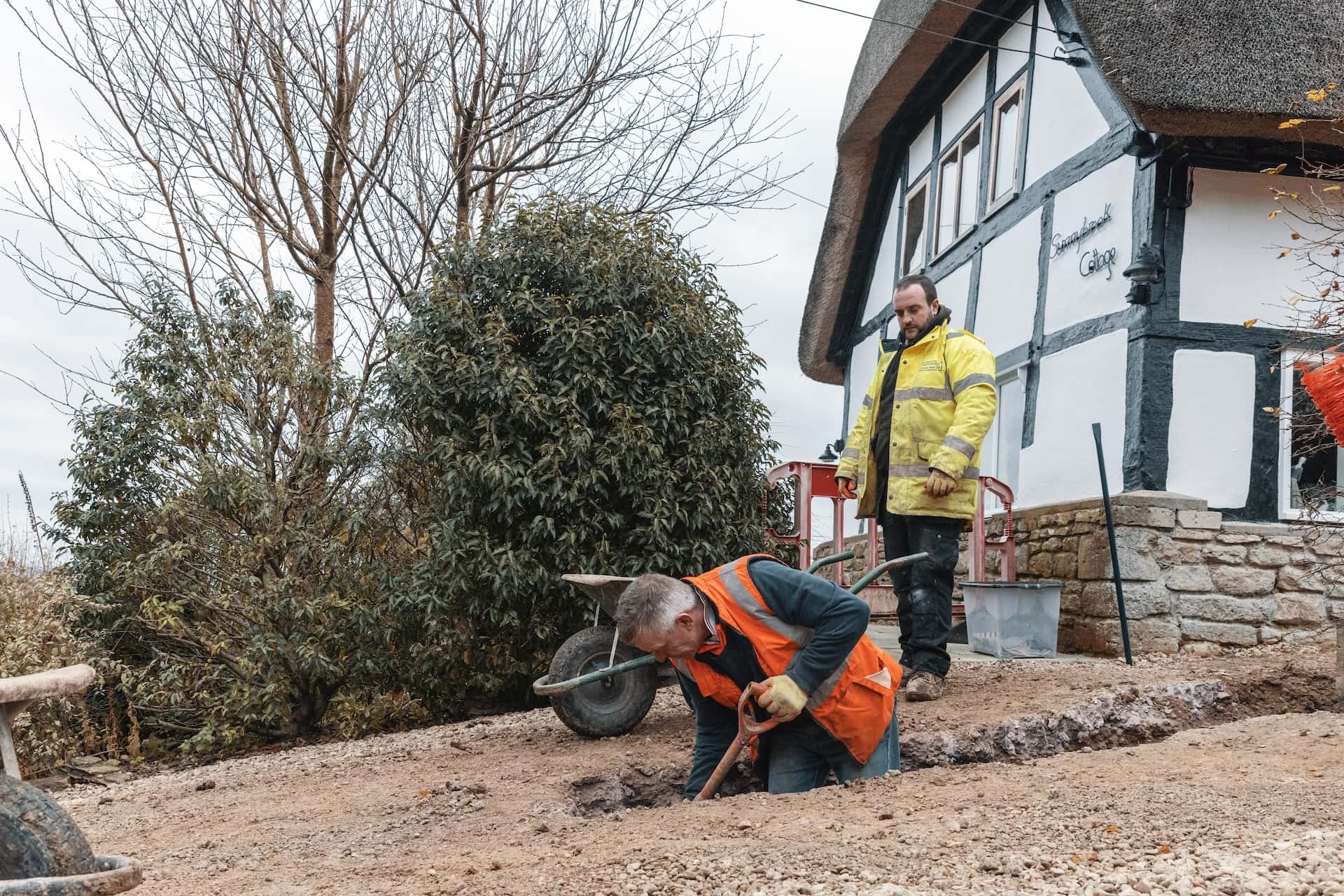
Why Rural Areas Need Septic Tanks
In many rural areas, properties are located too far from municipal sewage systems to be connected to public sewers. As a result, homeowners rely on septic tanks to manage wastewater and keep their properties functioning.
A septic tank allows rural homes to handle their waste without the need for a public sewage system. However, maintaining a septic tank in these locations is especially important. Without proper care, issues such as blockages or backups can arise, leading to costly repairs.
Moreover, poorly maintained septic tanks can cause wastewater contamination, which can harm local water sources and the rural environment.
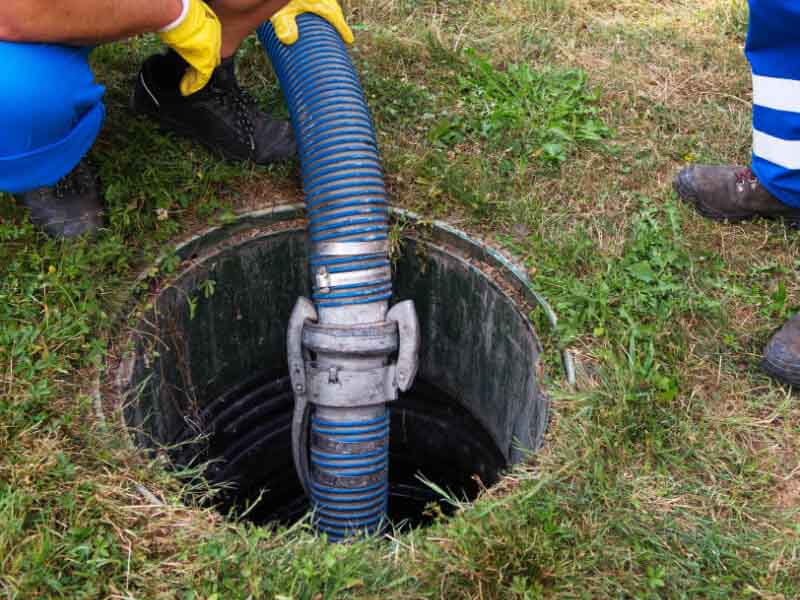
How to Maintain a Rural Septic Tank?
To keep your septic system in top shape, regular maintenance is essential. Here are some tips to help your system run efficiently:
- Regular Pumping: Septic tanks need to be pumped every 3–5 years to prevent blockages and overflows. Regular pumping extends the life of your system and helps avoid costly repairs.
- Mind What You Flush: Avoid flushing non-biodegradable items such as wet wipes, oils, and chemicals. These can disrupt the bacteria in your tank, leading to clogs and potential system failure.
- Routine Inspections: Have your septic tank professionally inspected regularly. Catching problems early can save you money on repairs and prevent larger issues.
- Protect the Drainage Field: Don’t park vehicles or plant trees near your drainage field, as this can damage pipes and block the flow of wastewater.

Why Choose Cotswold Drainage?
If you’re a property owner in any rural area, Cotswold Drainage is your trusted partner for all your septic tank needs. We offer a full range of services, including installation, maintenance, and repairs, to ensure your septic system operates efficiently.
With years of experience and a focus on excellent customer care, Cotswold Drainage is dedicated to keeping your septic tank in top working condition. Our team uses the latest technology to conduct thorough inspections and offer customized solutions to meet your specific needs. Whether you need routine maintenance or urgent repairs, we are here to ensure your septic system runs smoothly and safely.
Contact us today for reliable septic tank services and expert advice you can trust!
Get in touch
Contact our friendly and professional team via form, phone or email for any drainage issues you may have.
From blocked drains to septic tank repairs and replacements, we're here to help. We have over 25 years of experience and offer 24/7 emergency callouts.
-
01386 882324
-
WhatsApp
-
This email address is being protected from spambots. You need JavaScript enabled to view it. -
See what our customers think
